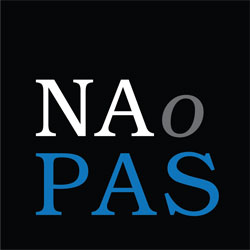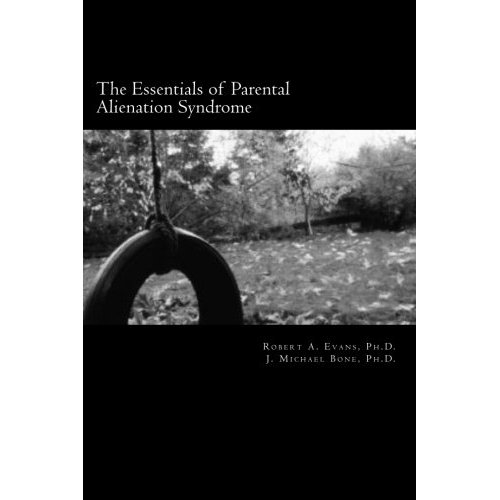Is hiring an expert worth it in family law cases involving parental alienation?
I saw an email from a Parental Alienation forum and the question someone asked was “is hiring an expert worth it?” This is a good question that needs to be considered by both the attorney and client.
Hiring an expert is a strategy that can be used in family law cases involving parental alienation, however there are a number of factors to consider.
Sometimes rejected (alienated) parents and their attorney consider hiring an expert to help in their case. Experts can take a variety of roles and one of these is that of giving instructional testimony. Experts are generally not inexpensive so parents want to know how effective experts are in the cases involving alienation.
 The effectiveness of an expert in these cases depends on a number of factors, some of which include the:
The effectiveness of an expert in these cases depends on a number of factors, some of which include the:
- Court
- Favored Parent
- Expert
Court
The judge plays a critical role in family court and how open they are to hearing from someone who has generally not been involved in the case up to the point of their testimony. The rejected parent’s attorney should generally have a sense of the court’s willingness to at hear and consider testimony from the expert. If a rejected parent’s attorney is convinced that the court is not open, then it might be foolish to hire an expert to testify.
The attorney and expert could consider another role for the expert to assist in the case if needed, such as a trial consultant where the expert can, among other things, craft questions for the attorney to ask other testifying experts and witnesses. The expert would be part of the attorney’s work product and therefore communications between them are confidential and not discoverable. This is not true for the testifying expert who can be deposed and his or her records related to the case can be subpoenaed.
Other roles for an expert in a case include evaluator as well as review and critique other evaluations in the case.
Favored Parent
Another significant issue is how credible the favored (alienating) parent has been in convincing the court the rejected parent deserves the rejection. When a parent is rejected by a child for what appears to be valid and justified reasons, the rejection is referred to as estrangement not alienation.
Also keep in mind alienation is not just a child rejecting a parent but it includes the behaviors of the favored parent as well
.
The favored parent will have a lot of justification for their behavior and generally attempt to blame the rejected parent as the cause or rational behind their alienating tactics.
For example, typically there are numerous false domestic violence reports (which usually came back unfounded) or child abuse reports (also usually unfounded), but the favored parent’s attorney will focus on the number of reports not the results.
There generally will also be descriptions of poor parenting behaviors, substance abuse, mistreatment, etc. on the part of the rejected parent. The faults of the rejected parent typically go on and on without much evidence but lots of testimony from “witnesses” or at a minimum lengthy testimony by the favored parent.
The favored parent’s attorney will sometimes focus, through their questioning, on the relationship between a favored parent and the child. That relationship will be presented as “strongly attached” or “bonded” with a lot of examples of “togetherness” when in fact such relationships can be more pathological than healthy, as in being enmeshed. The observation that there is a bonded loving relationship between a favored parent and child in these cases is commonly referred to as counter-intuitive.
That is, what appears to be an attached relationship is actually a relationship based on fear. The child actually fears the favored parent from a variety of perspectives (fear of being rejected by them, fear of being punished for displaying any affection toward the rejected parent, etc.). Here an effective expert will recognize the enmeshed relationship and explain the pathology to the court.
Expert
Finally, the outcome of an expert’s testimony depends on the expert as well and how well they cover a number of areas.



Would like consultation on your feed for upcoming court case,
Please call (863)530-4879
Kim Ross ( alienated aunt) and LCSW
Working at The Toby Center with Mark Rosemond.
Need help for my brother.
Would like consultation on your feedback for upcoming court case,
Please call (863)530-4879
Kim Ross ( alienated aunt) and LCSW
Working at The Toby Center with Mark Rosemond.
Need help for my brother.
This article helps me a lot. Thanks for sharing valuable information. As I was looking for such information, I have found an article useful like this; you can check it out here. Parental Alienation Canada I hope you get more information.